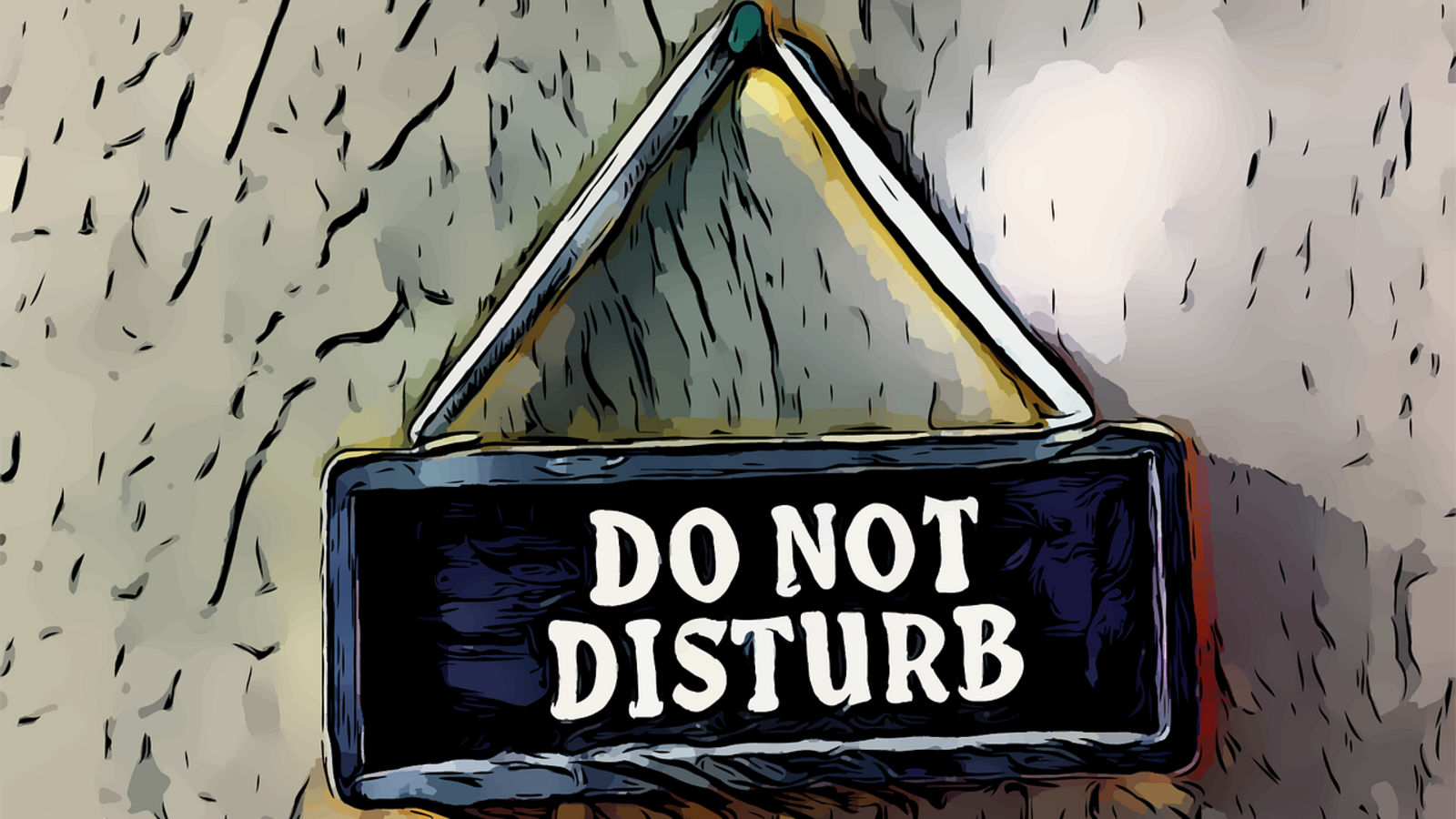Australia has enacted a law that grants its people the right to ignore bosses who reach out to them for work after work-hours. The Right to Disconnect allows them to neither read nor respond to official communication beyond the time span for which they are paid.
Of course, there is space for exceptions in case it’s unreasonable for employees to stay unhooked, but the broad idea is clear: Spare the staff once they are done for the day. Australia is only the latest to enact such a law.
More than a dozen countries in Europe and South America already have such legislation in place to protect people’s private time. Boundaries between work and home life had always been thin, but the pandemic’s work-from-home arrangements blurred them even further.
With the judiciary drafted to stand by employees, the line that separates work from private time should harden. No doubt, such a rule cannot be enforced too strictly, which explains the leeway Australia has given. While this may bring in an element of subjectivity, it requires work supervisors to exercise judgement before contacting workers.
The legislative intent, therefore, is hard to argue with. People should have the liberty to spend their own time exactly as they like, be it with family, friends or in pursuit of hobbies or recreation, without being disturbed by phone beeps.
True, Australia has a reputation of being a laid-back country, but that does not mean its concerns of work stress and the impact it has on people’s health and relationships should be lower than elsewhere. The purpose is to put limits in place even if most stay within them anyway.
The reason other jurisdictions may reject the idea comes down to economics. Free-market advocates argue that such an intervention in private affairs can distort a country’s labour market and leave an economy less productive.
In this view, a business would be pushed by market forces to optimize work. An overworked workforce would falter, bleed talent and suffer a productivity drop, hurting the company’s performance vis-a-vis rivals and forcing self-corrective action just to stay competitive.
Also, one-size-fits-all norms don’t always suit everyone. Economies with stiff work-span rules rarely produce startups that get very far. New businesses with big ambitions often have small teams that put in crazy hours in their passion to succeed.
This is the spirit of ‘sweat equity,’ a term often used for stock options that drive people to work as hard as they possibly can. Burnout risks are for workers to manage on their own. So, if employers and employees know what’s best for them, and their efforts combine to drive economic growth, why should the state interfere?
The trouble is that market mechanisms do not always work the way they should. High joblessness and job insecurity in an economy, for example, tend to put workers at the mercy of employers.
While economies like India’s can’t afford to lag on productivity, a problem so acute that business leaders such as N.R. Narayana Murthy want Indians to put in 70-hour work weeks, we must acknowledge that Australian lawmakers have a valid point.
It’s just that a do-not-disturb law would be inadvisable for us at this stage. Instead, we should count on bosses to do the right thing. The very fact that such laws exist anywhere is a signal for employers everywhere to moderate their expectations. Exhausted employees, after all, can hardly be expected to deliver their best.
#Disconnect #employers #selfcorrect #work #expectations



